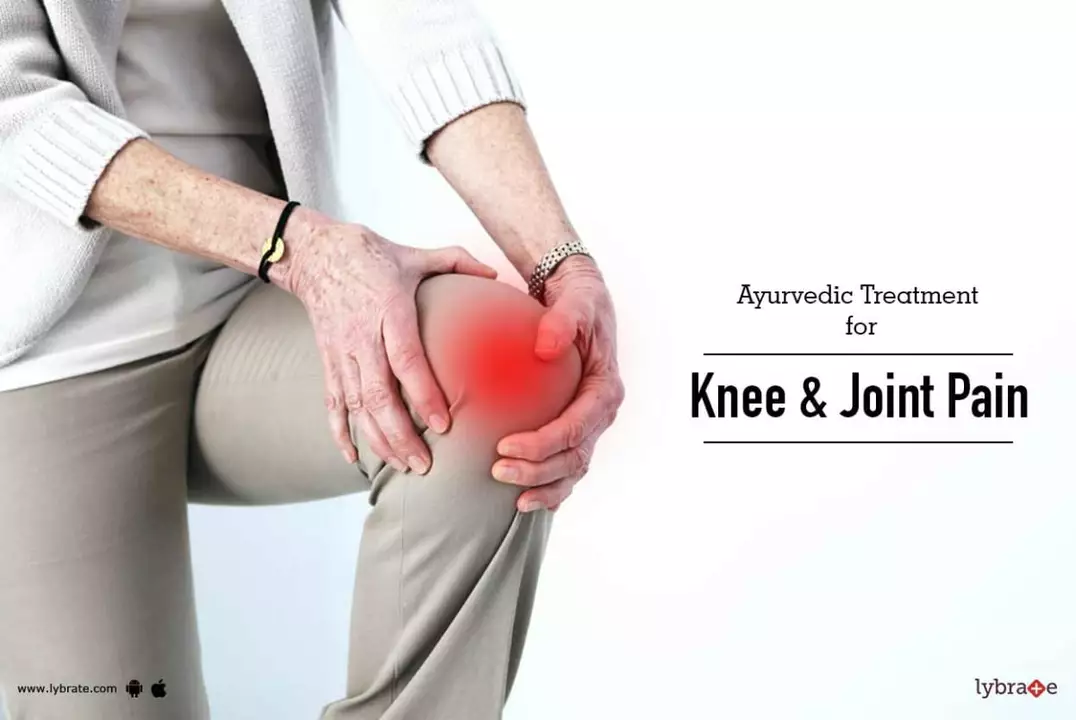Dig into the supplements reshaping hormone health this year. See how nutrients and botanicals, especially I3C, steal the spotlight in 2025.
Supplements: Real Tips to Pick What Works and Stay Safe
Picking supplements feels simple until you read one label and then another. Ads promise energy, better sleep, or faster recovery, but results vary a lot. This page gives short, practical advice so you spend money on things that help and avoid harm.
How to choose a supplement
First, ask why you need it. Are you correcting a deficiency (like low vitamin D), supporting recovery from an illness, or trying a general wellness boost? If a blood test shows low levels, a targeted supplement is useful. If you’re chasing vague benefits, be skeptical — most broad claims lack strong proof.
Check the ingredients and dose. Some products list tiny amounts that won’t do anything. Compare the dose to established recommendations: look for trusted sources or clinical guidelines. Avoid stacks that mix many active ingredients without clear evidence for each combination.
Look for third-party testing. Labels from USP, NSF, or ConsumerLab mean the product was tested for purity and correct ingredient amounts. That doesn’t guarantee effectiveness, but it lowers the risk of contaminants or wrong dosages.
Safety, interactions, and quality
Supplements can interact with prescription drugs. Blood thinners, blood pressure meds, and antidepressants are common trouble spots. Always tell your doctor or pharmacist what you take. If you get strange symptoms after starting something new, stop it and ask a professional.
Buy from reputable sellers. Online pharmacies and marketplaces vary widely — some of the posts on this site review specific stores and red flags to watch for. Avoid sites that never ask for a doctor’s input for prescription-level products or that offer unbelievably low prices.
Watch for quality signals beyond third-party seals. Clear contact info, transparent ingredient sourcing, and batch numbers are good signs. Beware of celebrity-backed products with aggressive marketing but no proof.
Think about timing and form. Some vitamins absorb better with food (fat-soluble ones like A, D, E, K). Others need splitting into small doses to avoid stomach upset. Liquid, capsule, and chewable forms work differently for different people — pick what you’ll actually take consistently.
Natural doesn’t always mean safe. Herbal ingredients like St. John’s wort or kava can cause serious side effects or interact badly with drugs. Traditional remedies such as African wild potato or agave extracts have niche uses, but check evidence and safety before trying them.
Use a simple trial approach: pick one change at a time, set a monitoring window (4–12 weeks depending on the supplement), and track results. If you don’t see measurable benefit or you get side effects, stop and consult your clinician.
Questions? Browse our related posts on specific products, buying safely online, and alternatives to common meds. We focus on practical, real-world advice so you can make safer, smarter choices about supplements.
As a health-conscious individual, I've been researching the best ways to prevent and treat bone damage. I've discovered that choosing the right supplements is crucial for optimal bone health. After much consideration, I found that calcium, vitamin D, and magnesium are essential nutrients for maintaining strong bones. However, it's important to consult your doctor before starting any supplement regimen to ensure it's tailored to your specific needs. By incorporating the right supplements, we can ensure our bones remain healthy and strong, reducing the risk of damage and fractures.


